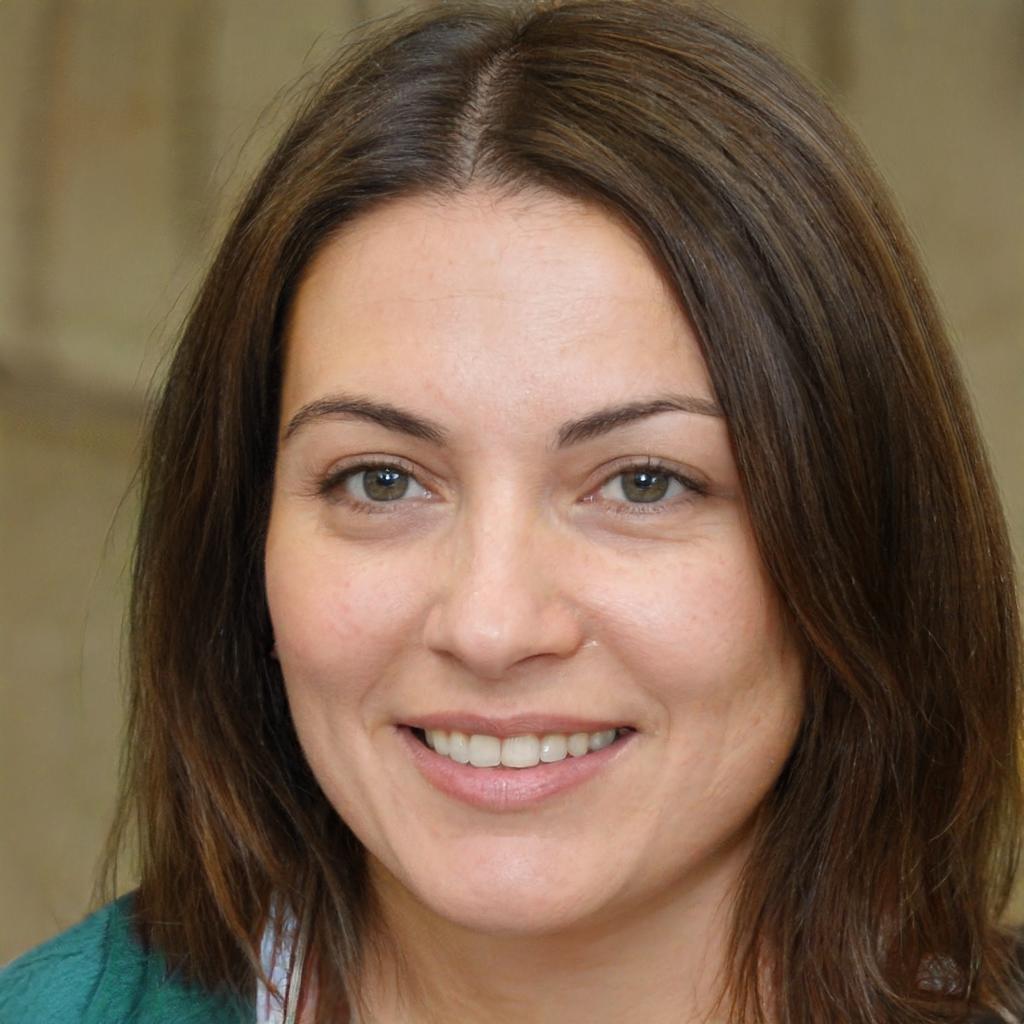To understand accounting is to comprehend the very fabric of economic reality. Laura Anderson
If you're wondering why become an accountant, what qualifications are required to be an accountant, and what is the highest accounting qualification in South Africa, this article is here to shed some light on your questions.
South Africa is a country with a struggling economy and a high youth unemployment rate. Financial and accounting qualifications can increase your employment opportunities as you are able to work across a wide range of industries. All businesses require financial information to determine how successful they are, to plan for the future and to ensure smooth day-to-day operations.
This is where an accounting qualification can come in handy!
Accounting comprises a few different specialities, such as Financial Accounting (summarising, analysing and reporting of the financial transactions of a business), Management Accounting (also known as Cost Accounting - analysing of business operations to prepare internal reports that help management make strategic business decisions) and Tax Accounting (focusing on analysis and preparation of tax returns and tax payments).
If your aim is to become a Chartered Accountant, your journey starts with your subject choices in high school. You will have to ensure that you select Pure Maths (not Maths Literacy) and Accounting would also be a beneficial choice.
You will have to get a Bachelor's (University) pass in your final matric exam in order to study toward a Bachelor's degree at either a university, TVET college or an accredited Higher Education Institution.

Requirements for a bachelor's pass are:
- 40% or higher in your Home Language
- 50% or higher in four other subjects, excluding Life Orientation
- 30% or higher in the Language of Learning and Teaching of the tertiary institution
- 30% or higher for one other subject
- Must pass a minimum of 6 out of 7 subjects
While the road to becoming a Chartered Accountant is a long one, it is it the only option available to you.
The list below provides some detailed information on a few of the different qualifications you could consider, whether your interest lies in certified management accounting (CMA) or if you'd prefer to do bookkeeping.
Consider hiring accounting tutors near me to help you master accounting principles and improve your financial skills. With personalized instruction and expert guidance, you'll be able to achieve your academic and professional goals more effectively.

Association of Chartered Certified Accountants (ACCA)
The Association of Chartered Certified Accountants prides itself on being a global network, with members living in more than 180 countries across the world.
A number of internationally recognised qualifications are available from ACCA. You can choose to learn via face-to-face or online classes or on your own at home. Courses on offer are:
Foundations in Accountancy
This qualification is comprised of the following:
Introductory Certificate in Financial and Management Accounting
This certificate introduces the basics of accounting and it is not required for you to have any prior knowledge of the subjects. This is ideal for you if you wish to pursue a Bookkeeper role.
The course will run for up to a year and will cover recording of financial transactions (including the double entry system, how to prepare and maintain records and basic accounting systems) and management information (including Microsoft Excel spreadsheets, cost and management accounting and actual vs expected costs).
You will write one examination per subject and will be awarded a Certificate in Financial and Management Accounting once successful.
Intermediate Certificate in Financial and Management Accounting
This course builds on the foundations laid by the Introductory Certificate in Financial and Management Accounting, however, it is not necessary to have completed that qualification before embarking on this course.
You will cover Maintaining Financial Records and Managing Costs and Finance and will be awarded a RQF Level 3 Intermediate Certificate in Financial and Management Accounting upon successful completion of 1 exam per subject.

Diploma in Accounting and Business
If you you are working toward the Full Qualification Programme, this is a good course to consider as you will gain credits toward the course which will exempt you from the first three exams in the the full programme.
The diploma course covers Accounting in Business, Financial Accounting and Management Accounting and can be completed within a year. A Diploma in Accounting and Business will be yours after you've passed the three examinations.
Certified Accounting Technician
As an Accounting Technician, your role will be dealing with financial transactions, recording income and expenses and balancing accounts.
This course will cover and examine the subjects taught in the Foundations of Accounting qualification, as well as electives such as the Foundation Certificate in Auditing, the Foundation Certificate in Taxation and the Foundation Certificate in Financial Management.
This course can be completed in a year to two years and at the end you will be awarded a National Certificate and can use the designation, Certified Accounting Technician, after your name.
Full Qualification Programme
This qualification is ideal if your aim is to become a Finance professional. You will need to have a matric certificate as well as a good understanding of Mathematics and English.
The subjects are divided into 3 sections, namely Applied Knowledge, Applied Skills and Strategic Professional.
You will cover a total of 13 subjects across these sections, with titles such as Accounting in Business, Corporate and Business Law and Strategic Business Reporting.
You will have to complete the Applied Knowledge exams before moving to the Applied Skills programme and finally to the Strategic Professional exams. You can complete this programme in 3 years. Upon successful completion of the exams (a minimum of 50%), you will be awarded a National Certificate: Chartered Certified Accountant.
Once you gain three years of practical experience you will become a Member of the Association of Certified Chartered Accountants.
Find some online accounting courses here on Superprof.
South African Institute of Professional Accountants (SAIPA)
The first step to becoming a SAIPA member is to complete a Bachelor of Commerce degree at a tertiary institution that has SAIPA accreditation. Once obtained, you need to register as a SAIPA Trainee and then complete a three year learnership at a training centre that is accredited by SAIPA.
You will then sit the SAIPA Professional Examination - this is written twice a year, in May and November and you can choose between the SAIPA Professional Accountant or Accounting Technician designations.
Find some bookkeeping courses cape town here on Superprof.

Institute of Accounting And Commerce (IAC)
If you've completed an Accounting qualification and now wish to be pursue a particular designation, the IAC offers the following membership categories, in addition to others:
- Independent Accounting Professional
- Technical Accountant
- Business Rescue Practitioner
- Financial Accountant in Commerce
- Financial Accountant in Practice
There are different academic and practical components to each of these designations, as well as competency assessments that need to be completed. You will also need to complete yearly continuous professional development hours.
Chartered Institute of Management Accountants (CIMA)
CIMA offers two qualifications, the Certificate in Business Accounting and the Professional Qualification.
Certificate in Business Accounting
This is a standalone qualification that is also needed of you will be applying for the Professional Qualification. You do not need a degree in order to pursue this qualification. You can choose how you learn: attending classroom sessions, via distance learning or home study using CIMA study texts and materials.

This qualification is awarded after you've completed four subjects successfully:
- BA1 Fundamentals of Business Economics
- BA2 Fundamentals of Management Accounting
- BA3 Fundamentals of Financial Accounting
- BA4 Fundamentals of Ethics, Corporate Governance and Business Law.
CIMA Professional Qualification
This qualification is divided into three levels that have to be achieved before moving on to the certificate level:
- Strategic Level: Strategic Management, Risk Management and Financial Strategy
- Management Level: Managing Performance, Advanced Management Accounting and Advanced Financial Reporting
- Operational Level: Managing Finance in a Digital World, Management Accounting and Financial Reporting.
You then need to show that you have gained three years of practical experience before you will be awarded the Chartered Global Management Accountant designation (CGMA).
Accounting principles are the silent guardians of economic equilibrium. Laura Anderson
South African Institute of Chartered Accountants (SAICA)
SAICA is the leading accounting body in South Africa and provides support and advice to its members for the length of their professional lives.
The Designations offered by SAICA are:
Chartered Accountant - CA(SA)
After completing a Bachelors Degree in accounting, you then need to complete a Post Graduate Diploma in Accounting (PGDA) and then sign a training contract to gain relevant practical experience. You will be required to illustrate that you have met certain competencies and will have to complete two board exams: Initial Test of Competence (ITC) and Assessment of Professional Competence (APC). You will only be eligible to write the APC exam once you have passed the ITC and completed at least 20 months of your SAICA training contract.

Once you qualify as a CA (SA), you are entitled to use the designation behind your name for as long as you are a member of SAICA. Members are required to complete yearly continuous professional development tasks, to help them remain abreast of current developments in the industry. As a CA (SA) you will be able to register as a Registered Auditor (RA) with the Independent Regulatory Board for Auditors.
Associate General Accountant - AGA (SA)
In order to pursue this designation, you have to be in possession of a Bachelor's Degree or be a member of SAIPA, SAIGA or ACCA.
If you have a SAICA discharged training contract, you can immediately register as an AGA (SA), but if not, you will be required to submit proof that you have between 4 and 6 years relevant work experience, as well as complete a training equivalence assessment. If this has been completed successfully you can then register as an AGA (SA).
As an AGA (SA) you will be able to, amongst other tasks, compile financial statements for a company or close corporation if there are no minimum compilation requirements, perform an independent review for companies with a Public Interest Score (PIE) below 100, act as a Commissioner of Oaths and act as an accounting officer for a close corporation.
Find some bookkeeping courses here on Superprof.
Accounting Technician (via Accounting Technicians South Africa, an Associate of SAICA)
An accounting technician plays a crucial support role in a n organisation and can perform diverse roles such as junior accountant, senior bookkeeper, debtor’s clerk or creditor’s clerk.

The qualifications offered are:
- Accounting Qualifications: Certificate: Accounting Technician NQF Level 3, NQF Level 4 and NQF level 5
- Accounting Qualifications (Pubic Sector): Certificate: Accounting Technician PS NQF level 3, NQF level 4 and NQF level 5
- Accounting Qualifications (Local Government): Certificate: Accounting Technician NQF Level 3, NQF level 4 and NQF level 5
What Are the Skills of an Accountant?
Besides having a formal qualification, there are certain hard and soft skills that you’ll need to be a successful accountant. These are as follows:
- Computer skills: To advance in your career you need to be proficient in word processing tools, accounting software, and spreadsheet software.
- Organisational skills: You need to be able to prioritise tasks, maintain accurate records, and plan and meet deadlines.
- Leadership skills: It is important to develop your skills in leadership and motivation as these will be useful as you progress in your career.
- Business skills: You will need strong business acumen and knowledge of corporate structuring if you want to be work on strategic projects and audits.
- Analytical skills: To be successful you will need stong analytical skills that will help you identify problems and determine appropriate solutions.
- Trustworthiness and reliability: As an accountant, you will have access to sensitive and confidential information, and you therefore need to demonstrate honesty and integrity to build long-term relationships with clients.
- Attention to detail: You will need to pay careful attention to detail to avoid serious losses for the business.
- Communication skills: You will work in a team and will therefore need to be able to communicate effectively, both verbally and in writing.
Should you wish to brush up on any of your skills prior to embarking on an academic course, Superprof tutors are available at an average rate of R137 per hour.
Behind every financial statement lies a narrative, and accountants are the storytellers of economic tales. Olivia Martinez















Hello.
I would like further advice on a career path and which qualification to study in the field of Accounting.
I have a Bachelor’s pass; however, I did not do Accounting in Grade 10, 11, 12. I did Mathematics Literacy and attained A symbol.
I have passed English and Afrikaans over 50%.
Kindly contact me further.
Hello Roshen
Most tertiary institutions offer free study and career assessments or counselling sessions, so we encourage you to reach out to the universities that interest you to take advantage of this service. We wish you all the best with your future studies.
Very rich and informative